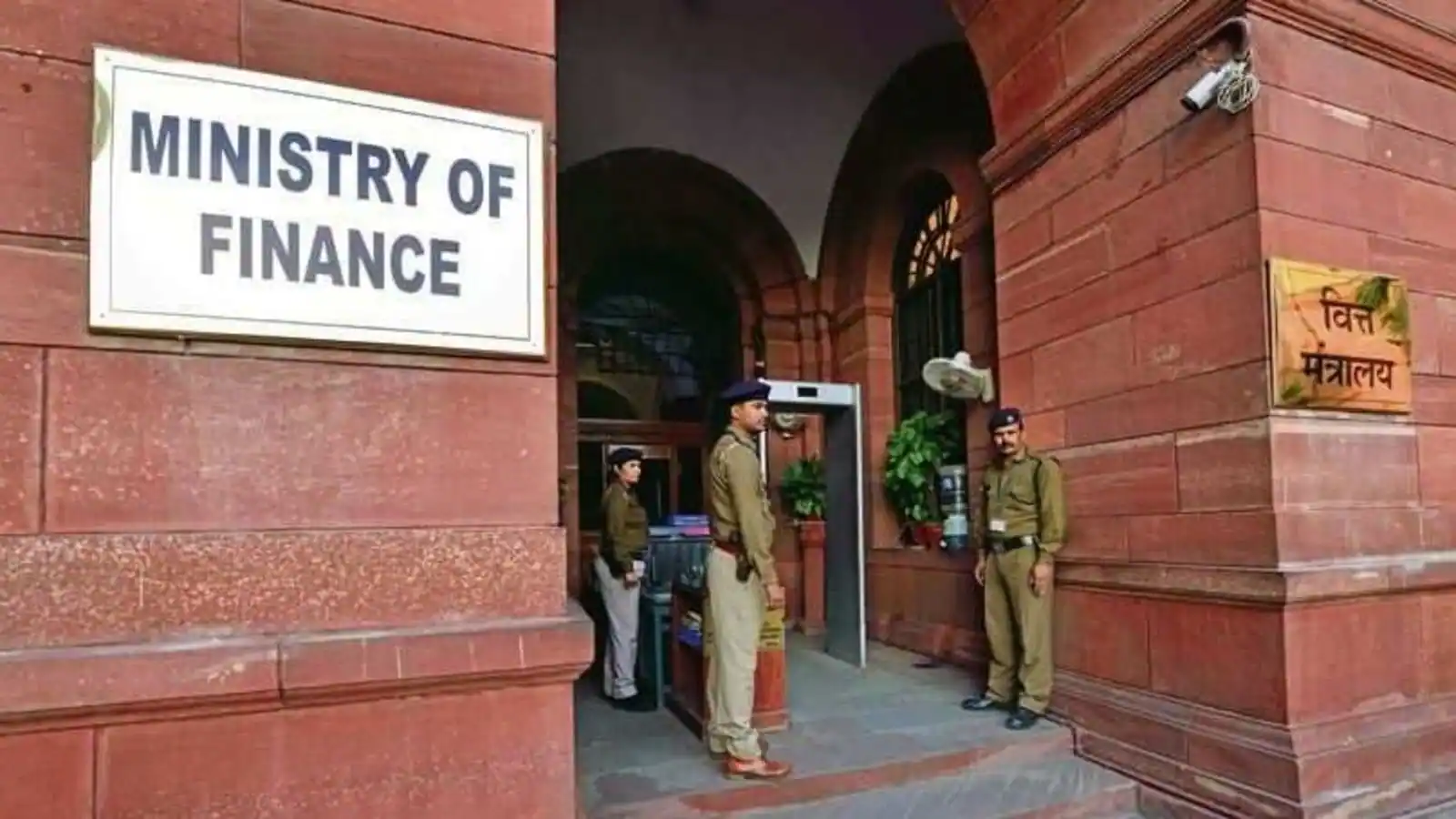In a significant move, the Indian Ministry of Finance has announced an additional tax devolution of Rs 1.39 lakh crore to states for June 2024. This decision aligns with the broader strategy to enhance state revenues and support local development initiatives.
Background and Context
The devolution of taxes is a regular process guided by the recommendations of the Finance Commission, which aims to equitably distribute central tax revenues between the Union and the states. This additional devolution for June 2024 comes on the back of robust GST collections and aims to ensure states have adequate resources to fund various developmental and welfare activities.

Strong GST Collections
The decision is significantly influenced by the healthy performance of Goods and Services Tax (GST) collections. In June 2023, GST collections recorded a 12% year-on-year growth, reaching Rs 1.61 lakh crore. This marks the 16th consecutive month where GST collections exceeded Rs 1.4 lakh crore, underscoring the stability and growth of indirect tax revenues in India. The increased collections have provided the fiscal space for this additional devolution.
Implications for States
The additional Rs 1.39 lakh crore is expected to bolster state finances, allowing them to enhance spending on critical sectors such as healthcare, education, infrastructure, and social welfare. This funding is crucial for states to meet their fiscal responsibilities and drive regional economic growth. It also supports states in managing their post-pandemic recovery efforts more effectively.
Role of the Finance Commission
The 15th Finance Commission plays a pivotal role in determining the devolution formula. For the fiscal year 2023-24, it has recommended various grants to states, including post-devolution revenue deficit grants, grants to local bodies, and specific sectoral grants. These recommendations ensure that states receive a fair share of central taxes, enabling them to maintain fiscal stability and promote regional development.
Special Assistance Schemes
In addition to regular devolution, the Ministry of Finance has also introduced various schemes for special assistance to states. For example, the Scheme for Special Assistance to States for Capital Expenditure aims to boost capital spending through interest-free loans. This scheme has seen allocations of Rs 1.30 lakh crore for FY 2023-24, highlighting the government’s commitment to enhancing state capacities in infrastructure development..
Economic and Policy Implications
The timely release of these funds is crucial for the smooth functioning of state governments, especially in the context of increasing fiscal demands. The additional devolution is not just a financial transaction but a policy tool to ensure balanced regional development and reduce inter-state disparities. By providing states with more financial resources, the central government is enabling them to address local needs more effectively, thereby fostering a more inclusive growth trajectory.
This additional tax devolution reflects the central government’s approach to maintaining cooperative federalism, where states are empowered with sufficient financial resources to meet their developmental objectives. It also demonstrates the importance of strong tax collections in supporting governmental functions and developmental projects across the country.

Meet Suhas Harshe, a financial advisor committed to assisting people and businesses in confidently understanding and managing the complexities of the financial world. Suhas has shared his knowledge on various topics like business, investment strategies, optimizing taxes, and promoting financial well-being through articles in InvestmentDose.com


